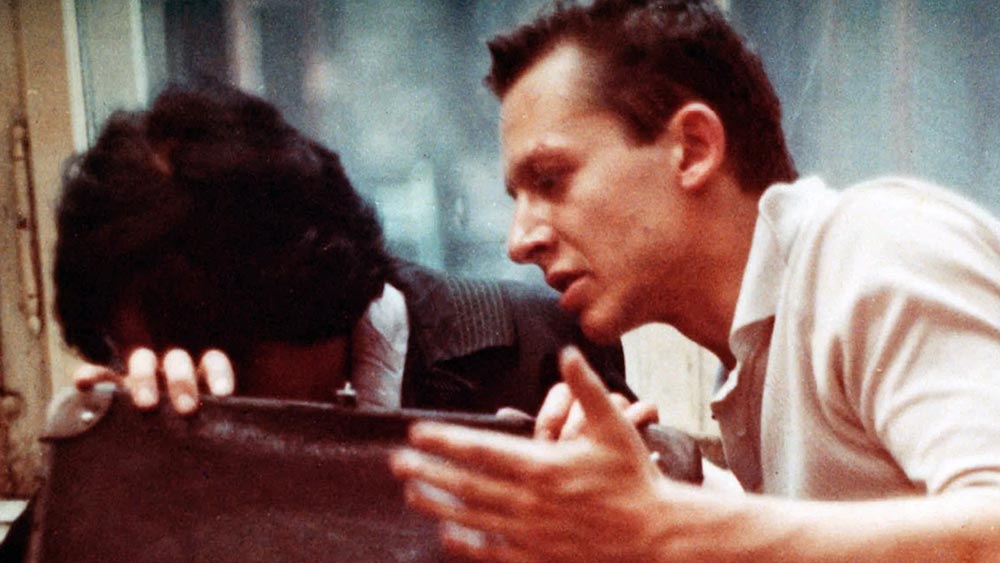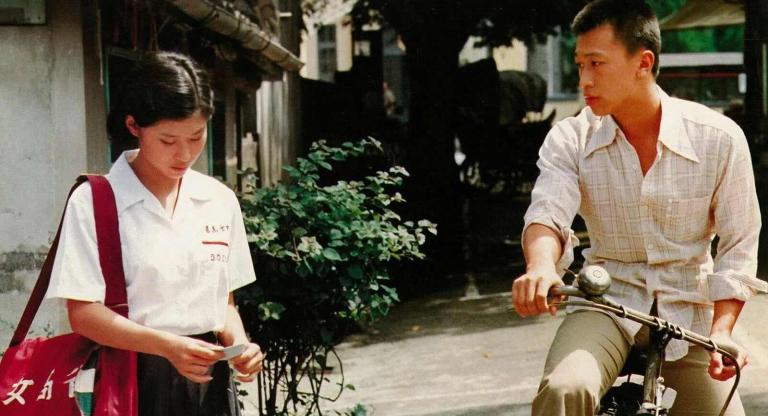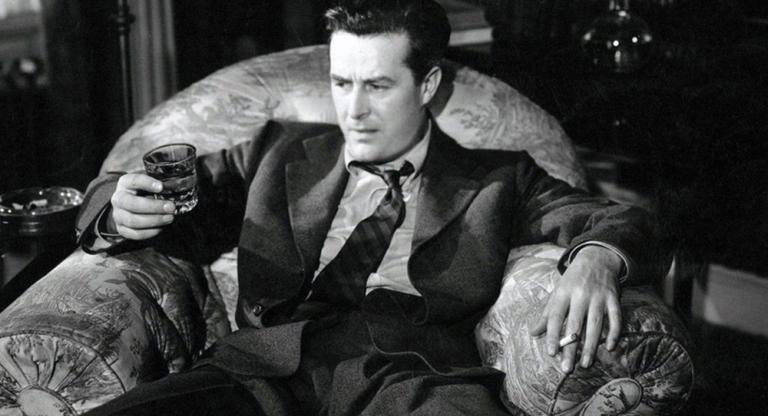One of the greatest living filmmakers, Agnieszka Holland is fearless and uncompromising in her narrative and visual depiction of state sanctioned patriarchal violence and terror. The retrospective of ten films running at MoMI from June 7-21 boasts two masterpieces: the feminist eco-thriller Spoor (2017) and Europa, Europa (1990), a Holocaust-survival black comedy that’s based on the true story of a Polish-Jewish boy who passed as an Aryan orphan but was saved from believing in his assumed identity by his circumcised penis. “His penis saved his soul,” Holland remarked with the irony that characterizes all of her films. That includes the most rapturous—The Secret Garden (1993), an adaptation of Frances Hodgson Burnett’s classic children’s novel about an orphaned girl who brings a ruined garden and herself back to life—and the most grim, A Lonely Woman (1981).
Holland’s third film, A Lonely Woman, was made for Polish TV, but was immediately banned, along with her two earlier theatrical films—Provincial Actors (1979) and Fever (1981)—when martial law was declared. Holland went into exile and did not work in Poland for eight years. A Lonely Woman was not seen again until, supported by the Rotterdam Film Festival, it had a small theatrical release in 1987. Holland has always been ambivalent about it being shown, asking why anyone would ever want to see a film so desolate and despairing. I’ll answer that its absolute honesty and its refusal to exploit the horror it depicts (I dare anyone to find pleasure in this film) affirms the power of movies to prick our consciousness and perhaps inspire action.
The failure of the Polish state to live up to the basic principle on which communism was founded—“from each according to their abilities to each according to their need”—is the unspoken and increasingly bewildered reproach through which Elena (Maria Chwalibóg) absorbs the injustices and brutalities heaped upon her. She and her son live in a hovel from which her drunken landlord constantly tries to evict her. She works long hours as a mail deliverer, climbing long flights of stairs with her heavy bag until she is near fainting. She is exhorted for money by the parent's association at her son's school and mocked by relatives for her economic failings. The self-pitying disabled man with whom she briefly hopes to have a relationship cannot make good on his promises, is a lousy lover, and a violent drunk. She lives in hope of inheriting money from the aunt who she has been supporting, only to discover that the church has taken everything, supposedly to pay for the funeral. She snaps and commits a disastrous act from which there is no escape. Conceived for the home screen, A Lonely Woman is visually sparer than any of Holland’s other films, but the editing, supported by a propulsive soundtrack, hurls us toward the inevitable. It is not a happy experience, but I would not know all that movies can and should do without it.
A Lonely Woman screens this afternoon, June 8, at the Museum of the Moving Image as part of the retrospective “Agnieszka Holland.”



